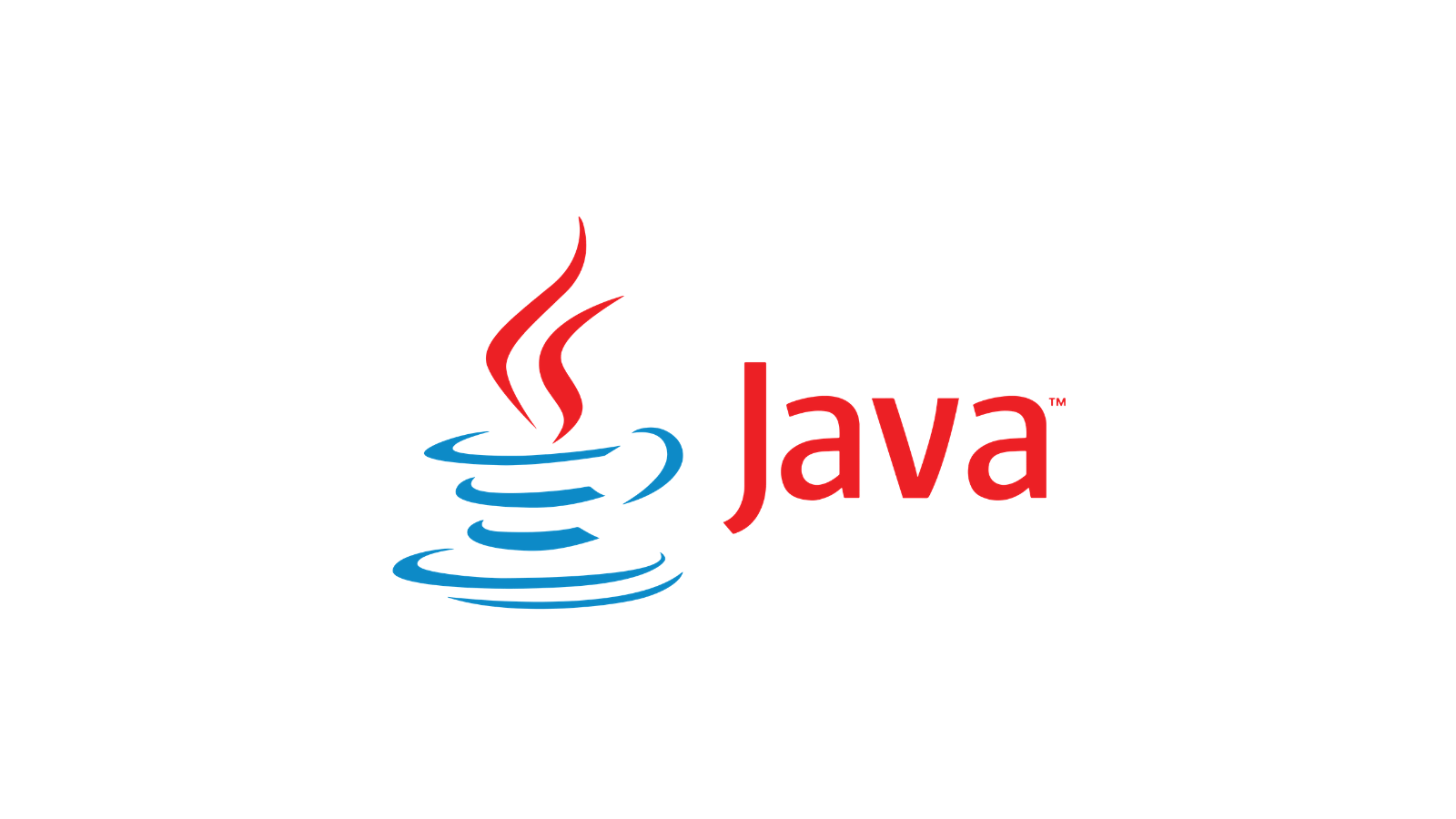Java software for your computer, or the Java Runtime Environment, is also referred to as the Java Runtime, Runtime Environment, Runtime, JRE, Java Virtual Machine, Virtual Machine, Java VM, JVM, VM, Java plug-in, Java plugin, Java add-on or Java download. $ su -c 'yum install java-1.6.0-openjdk' The java-1.6.0-openjdk package contains just the Java Runtime Environment. If you want to develop Java programs then install the java-1.6.0-openjdk-devel package. For a list of pointers to packages of the BSD Port for DragonFly BSD, FreeBSD, Mac OS X, NetBSD and OpenBSD, please see the BSD. On November 12, 2010, Apple Inc. (just three weeks after deprecating its own Java runtime port) and Oracle Corporation announced the OpenJDK project for Mac OS X. Apple will contribute most of the key components, tools and technology required for a Java SE 7 implementation on Mac OS X, including a 32-bit and 64-bit HotSpot-based Java virtual. Java Plug-in technology, included as part of the Java Runtime Environment, Standard Edition (JRE), establishes a connection between popular browsers and the Java platform. Which Java package do I need? Software Developers: JDK (Java SE Development Kit): For Java Developers. Includes a complete JRE plus tools for developing, debugging, and monitoring Java applications. Administrators running applications on a server: Server JRE (Server Java Runtime Environment): For deploying Java applications on servers.
- Download Java 6 Runtime Mac
- Legacy Java 6 Runtime Mac Download
- Legacy Java 6 Runtime Mac
- Install Java Se 6 Runtime Mac
- Java 6 Runtime Mac
JDK 9 & Later
Oracle's OpenJDK JDK binaries for Windows, macOS, and Linux areavailable on release-specific pages of jdk.java.net as .tar.gz or.zip archives.
As an example, the archives for JDK 13 may be found on jdk.java.net/13 and may be extractedon the command line using
$ tar xvfopenjdk-13*_bin.tar.gz
or
$ unzipopenjdk-13*_bin.zip
depending on the archive type.
JDK 8
Debian, Ubuntu,etc.
On the command line, type:
$ sudo apt-get installopenjdk-8-jre
The openjdk-8-jre package containsjust the Java Runtime Environment. If you want to develop Javaprograms then please install the openjdk-8-jdk package.
Fedora, OracleLinux, Red Hat Enterprise Linux, etc.
On the command line, type:
$ su -c 'yum installjava-1.8.0-openjdk'
The java-1.8.0-openjdk packagecontains just the Java Runtime Environment. If you want to developJava programs then install the java-1.8.0-openjdk-devel package.
JDK 7
Debian, Ubuntu,etc.
On the command line, type:
$ sudo apt-get installopenjdk-7-jre
The openjdk-7-jre package containsjust the Java Runtime Environment. If you want to develop Javaprograms then install the openjdk-7-jdkpackage.
Fedora, OracleLinux, Red Hat Enterprise Linux, etc.
On the command line, type:
$ su -c 'yum installjava-1.7.0-openjdk'
The java-1.7.0-openjdk packagecontains just the Java Runtime Environment. If you want to developJava programs then install the java-1.7.0-openjdk-devel package.
JDK 6
Debian, Ubuntu,etc.
On the command line, type:
$ sudo apt-get installopenjdk-6-jre
The openjdk-6-jre package containsjust the Java Runtime Environment. If you want to develop Javaprograms then install the openjdk-6-jdkpackage.
Fedora, OracleLinux, Red Hat Enterprise Linux, etc.
On the command line, type:
$ su -c 'yum installjava-1.6.0-openjdk'
Download Java 6 Runtime Mac
The java-1.6.0-openjdk packagecontains just the Java Runtime Environment. If you want to developJava programs then install the java-1.6.0-openjdk-devel package.
BSD Port
For a list of pointers to packages of the BSD Port forDragonFly BSD, FreeBSD, Mac OS X, NetBSD and OpenBSD, please seethe BSD porting Project's wikipage.
On this page:
Important information about installing the Java plug-in
|

Windows
NOTE: Users should consult with their local IT support provider before installing or upgrading Java. Local applications may require specific Java versions.
Step One: Install or upgrade Java
Step Two: Verify that java is enabled in your web browser
- After installing or upgrading Java, completely quit, then relaunch the web browser.
- Clear the browser cache.
Mac OS 10.7 and higher
NOTE: Users should consult with their local IT support provider before installing or upgrading Java. Local applications may require specific Java versions.
Step One: Upgrade your java version
Step Two: Verify that java is enabled in your web browser
- After installing or upgrading Java, completely quit, then relaunch the web browser.
- Clear the browser cache.
- On Macintosh Google Chrome is incompatible with most Java web applications and web pages that use a Java applet, due to the fact that the Java plugin is 64-bit and Google Chrome is 32-bit.
Legacy Java 6 Runtime Mac Download
Mac OS 10.6
NOTE: Users should consult with their local IT support provider before installing or upgrading Java. Local applications may require specific Java versions.
Awareness: Java 6 is no longer receiving security updates from Apple.
Legacy Java 6 Runtime Mac
- If you are unable to upgrade your operating system and have applications that require Java, Java 6 is packaged with the Macintosh operating system. Java 7 is available only for Mac OS 10.7 and higher.
- Use Apple's Software Update to upgrade to Java 6 update 45.
- Apple has not released security fixes for Java 6 update 45 and known security issues exist.
- Apple's recommendation is to upgrade your operating system, then install Java 7.
Verify that java is enabled in your web browser
- After installing or upgrading Java, completely quit, then relaunch the web browser.
- Clear the browser cache.
Linux
Step One: Install or upgrade Java
Step Two: Verify that java is enabled in your web browser
Firefox
- Firefox 2.0 or later is supported
- If needed, enable java plugin for Firefox
- After installing or upgrading Java, quit then relaunch Firefox.
If needed, clear browser cache, clear Java cache
- Close all browser windows and quit or exit the browser. Then relaunch the browser and try again to access the site.
If you no longer need Java, uninstall it
- [Uninstall Java 6 on Macintosh]
Install Java Se 6 Runtime Mac
Contact the Help Desk for assistance
Java 6 Runtime Mac
See also
